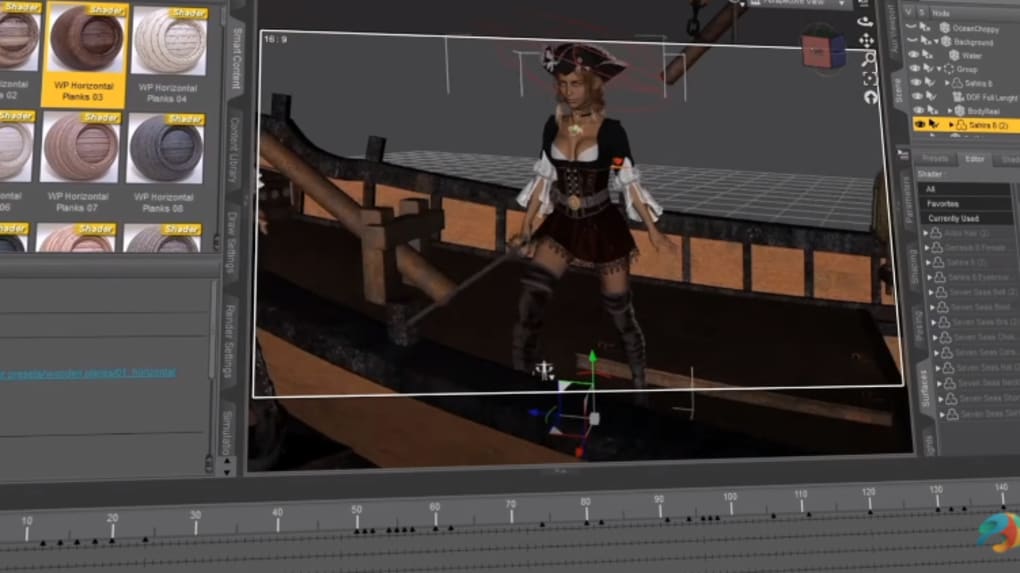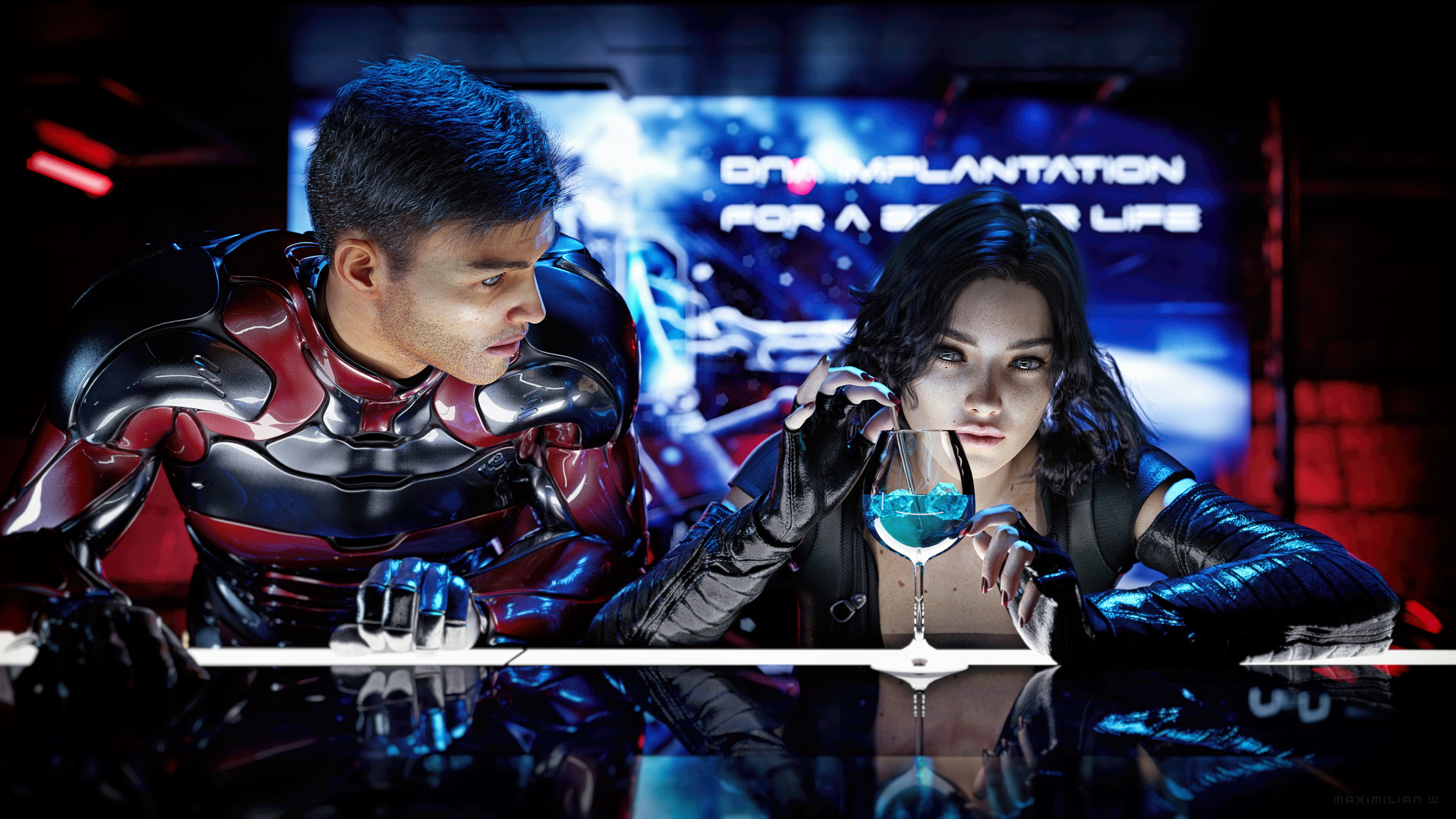

Keyframes are indeed “key frames” of the animation, and the action should look as good as possible at these points. I render still frames at key points in the animation first, to see if I’m happy with the look and feel of the lighting. As such, it’s important to keep the render time of a single image as low as possible. From that value I can interpolate how long the whole project will take. To achieve the right render settings for the scene, it’s important to get an impression of how long a single frame will take to render. This will take some time, and I probably want to do this in Iray and at full resolution and frame rate, but not immediately.

Once I’m happy with the animatic in principle, it’s on to the final render. I save all my animatics in this playlist. Either Basic or Intermediate OpenGL will work, and it’ll give you an idea of the motion in your animation in a matter of minutes. I use the OpenGL engine to render those, rather than Iray or 3Delight (you can find this under Render Setting, at the very top). It’s essentially a render of the whole animation, but done at a lower quality so that it happens faster. We use an “animatic” for such quick previews, a term used in the animation industry. It’s more about seeing how the elements in my scene move, and if changes are required. While I’m working, and if I want to see a quick version of the animation, quality isn’t very important.

Let’ see how we can trim that down to a few hours or less instead.Ī few things to keep in mind while building your animation: If each of them would take 6 hours to render, the whole thing would take about 75 days, or nearly 3 months.

We need to live with compromises, because we’re rendering quite a few images (30 frames per second, on a 10 second animation, that’s 300 images). Aside from the setup, rendering an animation frame should be treated differently to a still image.


 0 kommentar(er)
0 kommentar(er)
